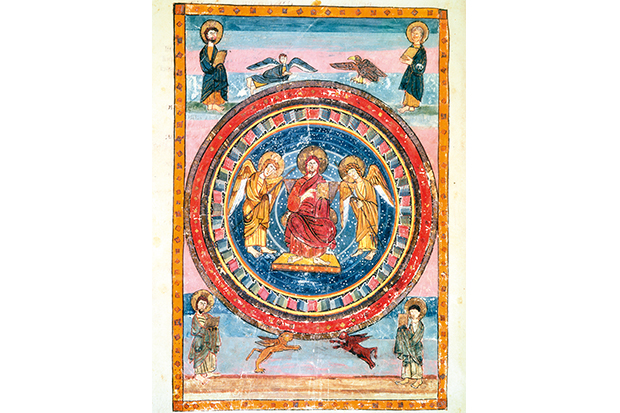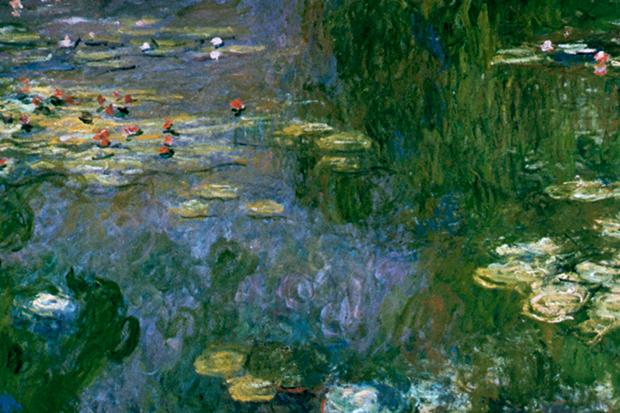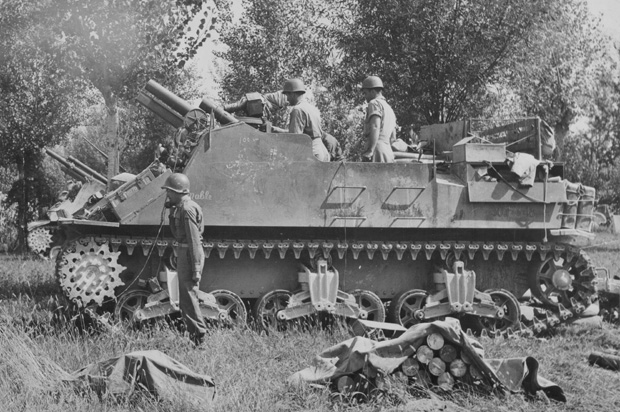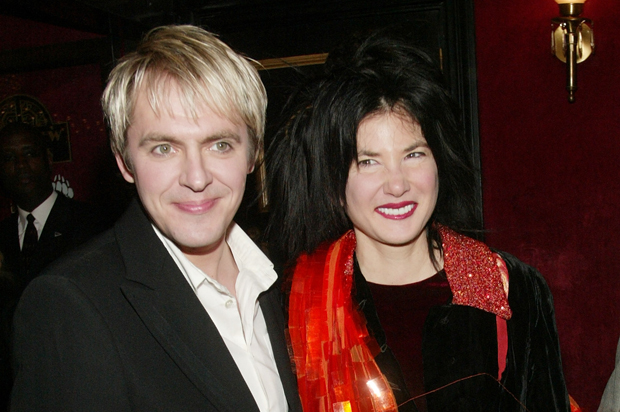A Girl is a Half-formed Thing, Eimear McBride’s acclaimed, prize-winning debut, felt like a one-off, not the beginning of a career. Its prose style — a staccato, Beckettian rush — was a good match for the subject of burgeoning womanhood amid grief and exploitation. But it was also very intense — so much so that before the novel’s end the language started to break apart, as if McBride had, with her very first book, reached beyond the limits of her voice.
Yet here we are with a second novel and another young female Irish narrator with an unconventional syntax. This narrator (unnamed, like all the characters, until late in the novel) has escaped her family and moved to London to attend drama school. She would rather be pursuing her sex life than learning how to act — not necessarily out of any bodily desire but because status dictates it, just as it demands a flat stomach (‘without a flat stomach all the world is poisoned’) and constant boozing. An older actor, complete with a troubled-but-sexy burnout vibe, is the man who finally introduces her to life among the ‘already-belonged’ (otherwise known as adulthood).
Much of the first half of The Lesser Bohemians details a series of sexual encounters between these two characters. Before we are numbed by the lack of variation, however, the actor takes over the narrative with a long confession. His previously guarded past is revealed to be a gauntlet of torments, packed with incest, drug abuse and suicide attempts. This baring of wounds is almost novella-length and, without wishing to be flippant about the reality of these issues, I can’t fathom the sheer volume of mistreatment in this man’s biography and how it’s delivered to the reader in one large slab of prose.
A frequent lack of discipline at sentence level doesn’t make things any more palatable. In A Girl…, McBride specialised in abrupt full stops and garbled grammar, but here she’s looser, making use of the hyphens and commas that she mostly avoided in her debut. This can lead to a strange mixing of registers: ‘Odd one out, but intentions the best and I don’t mind much because Fuck Off fitting in — not that I’d refuse a spate of more
usual fun.’
McBride is not afraid to rhyme, either: ‘I conjure farther futures from the ceiling cracks — in glorious technicolour — what this pleasant present lacks’; ‘Now you Irish! Truth, I cough, faithful to my fear of stripping off.’ Yet in the novel’s more intimate moments there is some sensitive writing. The post-coital ‘laugh as our legs twitch in time’ and the way McBride can make her sentences whisper: ‘Half four. Naked in the kitchen… Him tipping drips on my elbow. Me kneeing his knee.’
As with A Girl…, a lot depends on the idea that there is a purity of expression to be found in the mind of a suffering teenager, and that this expression can do without much in the way of reflective intelligence. But whereas that first novel had an adamantine toughness at its core, here McBride is too reckless, too unfocused — and, perhaps, too prone to sadism.
The post The trouble with actors appeared first on The Spectator.
Got something to add? Join the discussion and comment below.
Get 10 issues for just $10
Subscribe to The Spectator Australia today for the next 10 magazine issues, plus full online access, for just $10.
You might disagree with half of it, but you’ll enjoy reading all of it. Try your first month for free, then just $2 a week for the remainder of your first year.














Comments
Don't miss out
Join the conversation with other Spectator Australia readers. Subscribe to leave a comment.
SUBSCRIBEAlready a subscriber? Log in